News
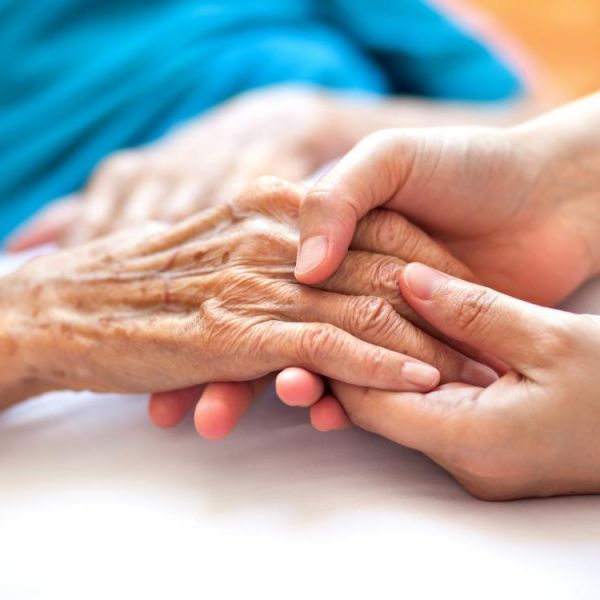
Nov 29, 2022
Muscle wasting severity linked to type, size and location of tumor in mice
About 80% of people with cancer suffer from significant muscle wasting, or loss of muscle tissue, and 30% of these patients die from this condition. New research in mice finds that the severity of muscle wasting is related to the type, size and location of the tumor.
Full Article
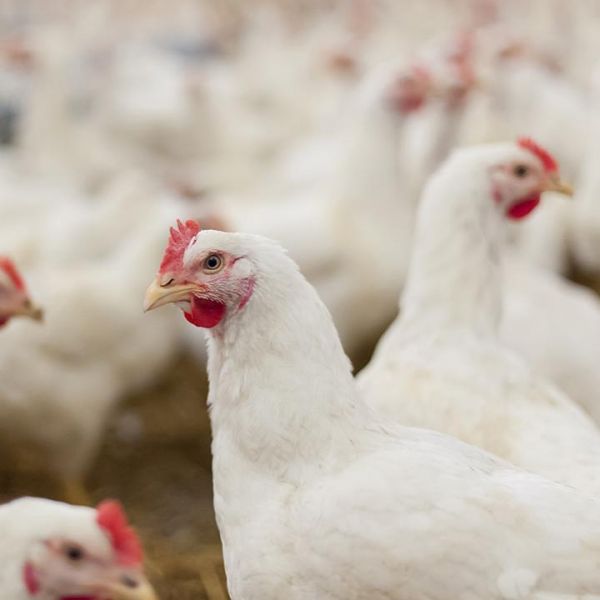
Nov 29, 2022
Too much of a good thing: Over-supplementation of chickens' diet backfires
When it comes to supplementing the diet of laying hens with omega-3 fatty acids to enrich their eggs — making them more heart healthy for consumers.
Full Article
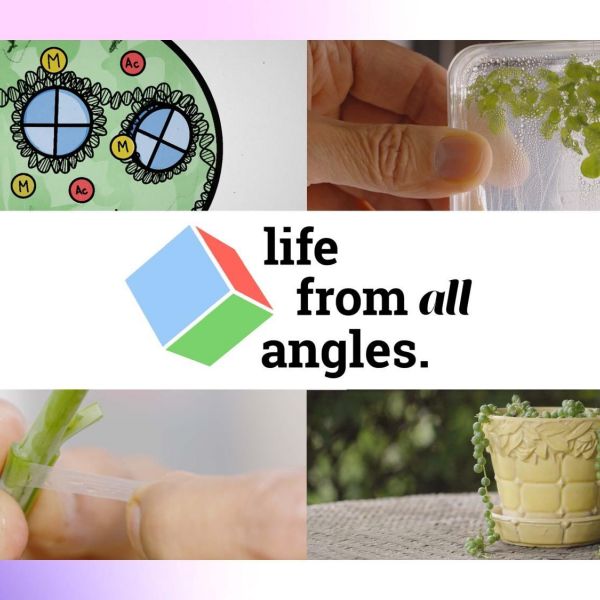
Nov 22, 2022
New 'Life From All Angles' video features Sally Mackenzie’s epigenetics research
The latest episode of "Life From All Angles," a YouTube series from the Huck Institutes of the Life Sciences, features Penn State Plant Institute Director Sally Mackenzie and her groundbreaking research in the field of epigenetics.
Full Article
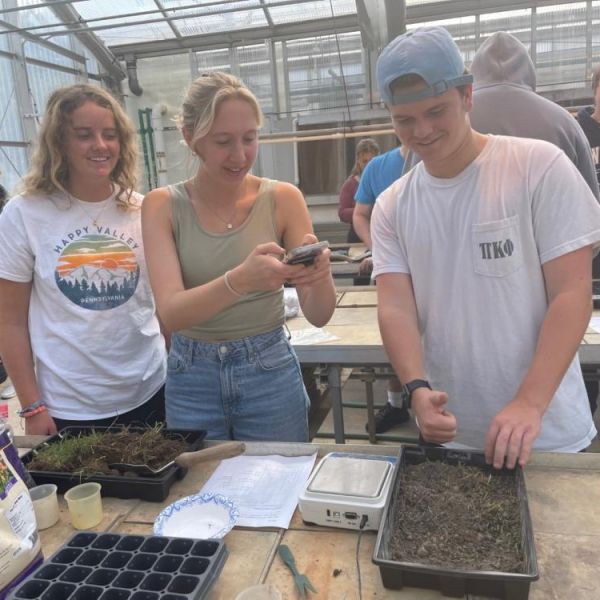
Nov 22, 2022
Students in College of Ag Sciences course support 'Plant the Moon' Challenge
Students enrolled in a course offered by Penn State’s College of Agricultural Sciences this fall explored the possibility of growing food in space as part of NASA’s Plant the Moon Challenge.
Full Article

Nov 21, 2022
What shapes the composition of microbes in a warbler’s gut?
Differences among the collection of bacteria and other microorganisms that live within birds’ digestive tracts — their gut microbiomes — are not primarily driven by diet diversity, contrary to a recently proposed hypothesis.
Full Article

Nov 21, 2022
Materials Research Institute names 2022 Roy Award Winners
Seven Penn State materials researchers have received the 2022 Rustum and Della Roy Innovation in Materials Research Award.
Full Article

Nov 21, 2022
Penn State researcher to deliver renewable energy talk to Danish Parliament
Bruce Logan, the director of the Institutes of Energy and the Environment, has been invited to speak to the Danish Parliament about energy as Europe wrestles with energy costs and insecurity.
Full Article

Nov 21, 2022
New process developed to extract high purity rare earth element oxides
Critical minerals, including rare earth elements, are used to power devices like smartphones and computers and are essential to our nation’s economy and national security.
Full Article
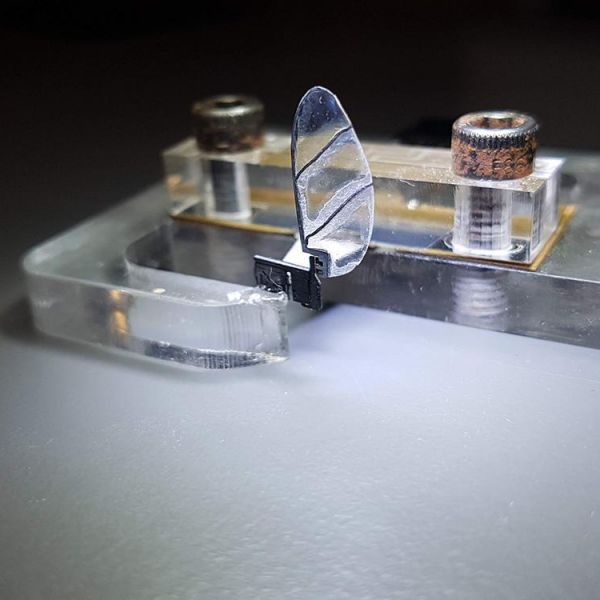
Nov 18, 2022
Fruit flies use corrective movements to maintain stability after injury
Fruit flies can quickly compensate for catastrophic wing injuries, researchers found, maintaining the same stability after losing up to 40% of a wing. This finding could inform the design of versatile robots, which face the similar challenge of having to quickly adapt to mishaps in the field.
Full Article

Nov 18, 2022
Engineering community mourns death of Professor Janna Maranas
The Penn State College of Engineering community is mourning the sudden loss of Janna Maranas, professor of chemical engineering, who died on Nov. 3 at the age of 57.
Full Article